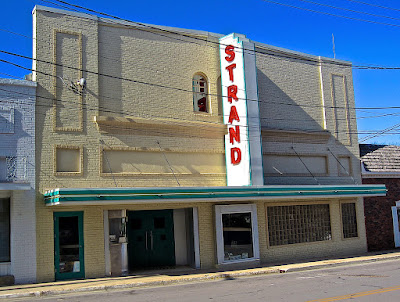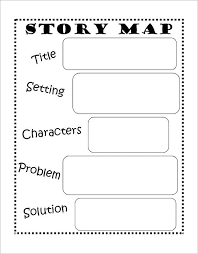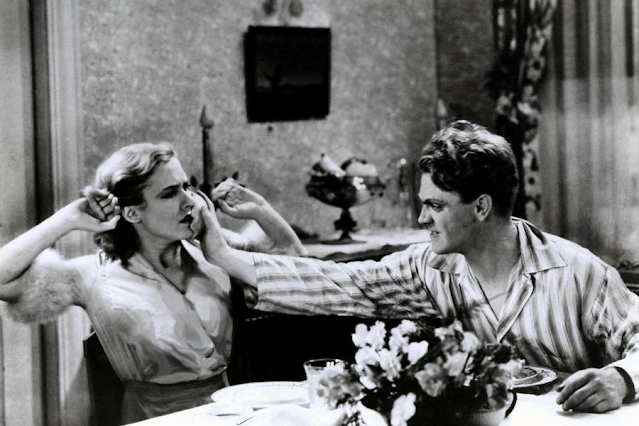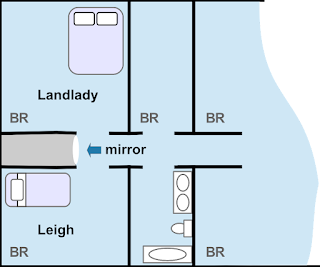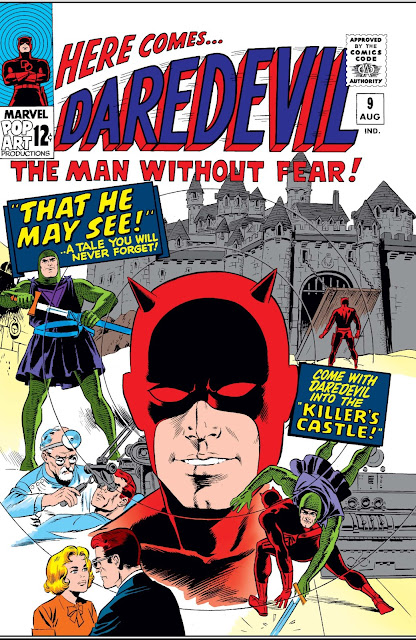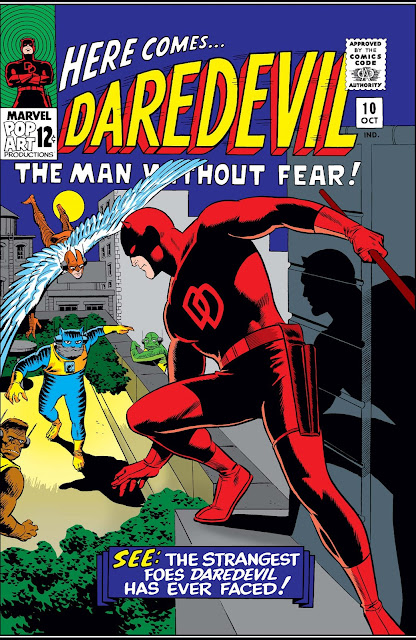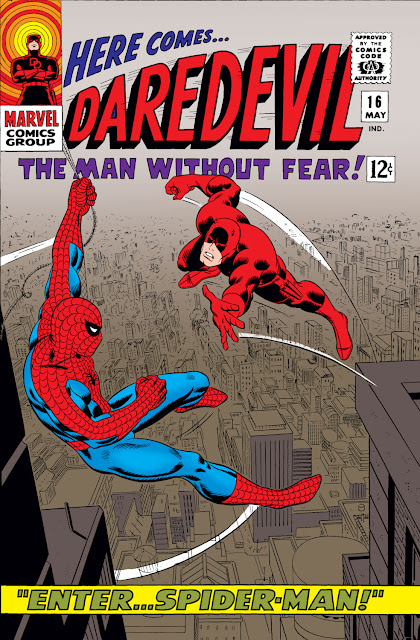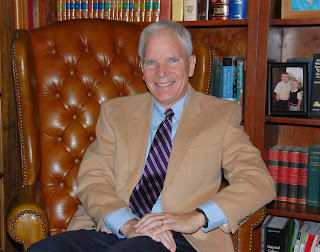The idea for this post came to me a few weeks ago, when my daughter and I went to see Top Gun: Maverick at a multiplex nearby. (Unlike my wife, our daughter loves movies almost as much as I do.) What happened was, TG:M was being shown in two different theaters in the multiplex, and we were directed by the ticket-taker to the wrong one. When we walked in, the feature was already in progress. It was an easy problem to fix; we just left and found the correct theater, and all was well. Nobody wants to walk in during the middle of a movie.
But I used to do it all the time.
Here's the deal. When I was in high school I saw a lot of movies. And not on TV, either--there weren't that many movies on TV in the mid-sixties. I went instead to the Strand Theater, just off the town square in Kosciusko, Mississippi. I was one of the Strand's regular customers.
The funny thing, though, is that I wasn't particular about whether I arrived at the start of the feature or somewhere in the middle. This probably had something to do with the fact that I was usually bumming a ride with someone else, but whatever the reason, my goofy high-school friends and I often strolled in after the film was well under way. We'd plop down in the then-uncomfortable seats and sit there and watch the second half or so of the movie, and then sit there while the end credits rolled and the old crowd left, and then keep sitting there while the new crowd filed in and the same movie started up again. Then we'd stay through the first half (or the first two-thirds or whatever we hadn't yet seen) and leave when we got to the part that was playing when we first arrived. Seriously. A question I remember well, because I was usually the one asking it, was "Isn't this where we came in?"
At that point we would get up and leave--or, if we had enough time, just sit through the feature again all the way to the end, thereby seeing the second part twice. We did that many, many times.
What does all this have to do with writing?
Well, I've mentioned on many occasions that I am one of those writers who "outline" short stories, or at least map them out in their heads--including the ending--before the writing starts. And I think my teenaged habit of going into a movie halfway through the feature might've led to this preference for plotting a story out before getting to the actual writing.
I especially remember wondering what I had missed, as we waited in a silent and otherwise empty theater between showings. Wondering what had happened in the story earlier to lead up to the ending I'd already seen. And when the film started again, and I watched the introduction of the characters and watched the plot develop and thicken, I could sense the way the writer (or screenwriter, I suppose), must have felt as he planned the story and set the mood and dropped the clues and missing pieces into place and made the suspense build steadily toward a satisfying end. It was there that I learned firsthand about the importance of hooks and reversals and foreshadowing.
Now, many years later, I find myself doing the same kind of thinking, before and during the process of writing a short story. Once in a while I even come up with the ending first, and then backtrack to lay the plotting groundwork that will eventually lead to it. I once heard that every single thing in a short story must propel the story toward its conclusion. I believe that's true, and I can't think of a better way to make sure that happens than to know the ending ahead of time.
I heard someplace that Margaret Mitchell wrote the last chapter of Gone with the Wind first, and didn't write the opening chapter until ten years later, when the book was accepted for publication. Frankly, my dear, you probably don't give a damn, but I thought I'd mention it.
Once again, as I've often said in discussions about outlining, I'm not encouraging other writers, especially aspiring writers, to think or write that way, planning and plotting almost everything ahead of time. I'm just saying that's what works for me, in my stories. And I think it all might've started when our dumb little high-school movie group was always wandering in after Bogie or John Wayne or Paul Newman (or Clark Gable) was already halfway through his adventure.
Not that it was the dumbest thing we did as teenagers. If I could convince you it was, I would be a good fiction writer.
Questions: What's your process? Are you an outliner or a free-wheeler, a plotter or a pantser? Or maybe a combination of the two? If you are an outliner, do you plan a story all the way through to the end, or discover the ending as you go?
Full disclosure: Fourteen years ago I wrote a post for the Criminal Brief blog on this same subject. This is a different and updated version, but I confess I happily stole some of the thoughts from my previous post. My apologies to any reader who might recall that column--I myself remembered it only when I was halfway done with this one.
Happy writing and reading (and moviegoing!) to all of you.

